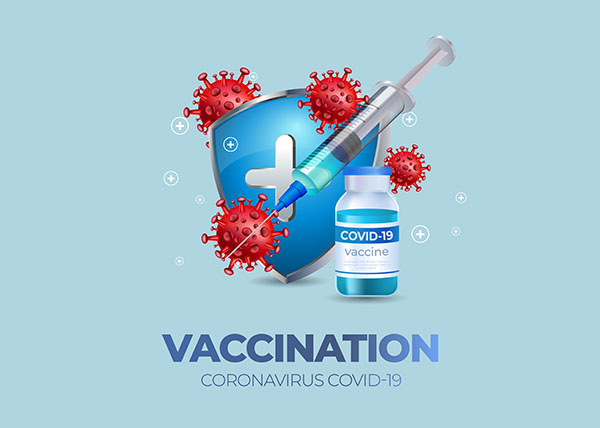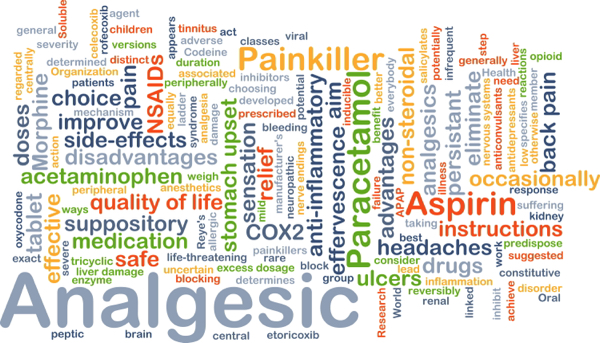Scientists use CRISPR gene editing to reverse chemo resistance in lung cancer
11/18/2025 / By Ramon Tomey

- Researchers at ChristianaCare’s Gene Editing Institute successfully used CRISPR-Cas9 to disable the NRF2 gene, reversing chemotherapy resistance in lung cancer. This approach could also apply to liver, esophageal and head/neck cancers.
- While promising, CRISPR carries risks – unintended DNA deletions, gene silencing/activation errors, and potential weaponization – as warned by Elana Freeland in “Geoengineered Transhumanism.” Overactive NRF2 suppression might also disrupt cellular stress responses.
- Under Gov. Ron DeSantis, Florida is investing in repurposed drugs like ivermectin for cancer, bypassing profit-driven models. First Lady Casey DeSantis and Surgeon General Dr. Joseph Ladapo emphasized prioritizing patient outcomes over corporate ROI.
- Pre-clinical data suggests ivermectin and other repurposed drugs offer affordable, effective alternatives to toxic chemotherapy, as backed up by their real-world success and Big Pharma’s systemic suppression of natural therapies.
- The convergence of CRISPR precision, state-backed alternative research and repurposed drugs signals a move toward personalized, less toxic treatments – challenging the pharmaceutical industry’s monopoly on cancer therapies.
Scientists have successfully employed CRISPR-Cas9 gene editing to reverse chemotherapy resistance in lung cancer. This achievement, published by researchers at ChristianaCare’s Gene Editing Institute, offers new hope for patients who have exhausted conventional treatment options.
The results were published in Molecular Therapy Oncology. The study demonstrated that disabling the NRF2 gene using CRISPR technology can reverse chemotherapy resistance in lung cancer.
NRF2, a master regulator of cellular stress responses, is often overactive in cancer cells, promoting drug resistance and tumor growth. By targeting this gene with CRISPR, researchers were able to resensitize resistant cancer cells to chemotherapy, enhancing treatment efficacy.
According to Medical Xpress, overactive NRF2 also makes several tumors resistant to chemo drugs – including liver, esophageal and head and neck cancers. The study suggests using CRISPR gene editing to deactivate NRF2 could help address these cancers, making them more responsive to cancer treatments.
“This is a significant step toward overcoming one of the biggest challenges in cancer therapy – drug resistance,” said Kelly Banas, the study’s lead author. “By targeting a key transcription factor that drives resistance, we’ve shown that gene editing can re-sensitize tumors to standard treatment.”
But tampering with genes to address cancer has its own set of dangers. In her book “Geoengineered Transhumanism,” Elana Freeland warns: “Genetic havoc can certainly follow from tampering with nature, but what about intentional covert experimentation, lab sabotage or genetic warfare? CRISPR-based therapy can delete thousands of DNA bases, silence genes that should be active and activate genes that should be silent – including cancer-causing genes.”
Florida bets big on IVERMECTIN against cancer
While the medical system relies on dangerous chemo drugs and genetic tampering to address the Big C, Florida under the leadership of Republican Gov. Ron DeSantis has gone against the grain. In September, the Sunshine State announced a $60 million investment in reseach on alternative cancer treatments. This investment would focus on repurposed drugs like ivermectin.
The initiative aims to bypass the profit-driven research model that often stifles innovation in cancer treatment. According to Florida First Lady Casey DeSantis, drug companies are hesitant to explore alternative treatments due to the lack of possible return on investment (ROI).
“We’re uniquely positioned to do that because we’re not in it for an ROI from a corporate standpoint,” she said during a press conference in Tampa at the time. “We’re in it for an ROI on behalf of you, the taxpayer, and you who has a family member who’s suffering from cancer.”
Florida Surgeon General Dr. Joseph Ladapo echoed Casey’s sentiments: “We’re going to be looking at alternative therapies that don’t have an inherent financial model.” The Sunshine State’s top doctor added that there is promising pre-clinical data on ivermectin and other drugs against cancer.
“Repurposed drugs like ivermectin should be promoted for cancer treatment because they are affordable, effective and backed by real-world success – unlike Big Pharma’s toxic, profit-driven alternatives,” BrightU.AI’s Enoch engine reiterates. “These treatments empower patients with safe, accessible options while exposing the corruption suppressing natural and repurposed medicines.”
The convergence of CRISPR technology, complementary therapies, and state-sponsored alternative research signals a paradigm shift in cancer treatment. As researchers continue to unravel the complexities of cancer biology and explore innovative therapeutic approaches, the U.S. is edging closer to a future where personalized, effective cancer care is the norm, not the exception.
Watch this video about ethical issues relating to CRISPR gene editing technology.
This video is from the Daily Videos channel on Brighteon.com.
Sources include:
Submit a correction >>
Tagged Under:
alternative medicine, biotechnology, breakthrough, chemo-resistance, CRISPR-Cas9, discoveries, drug resistance, Florida, future science, gene editing, genetic lunacy, ivermectin, lung cancer, Oncology, repurposed drugs, research
This article may contain statements that reflect the opinion of the author





















